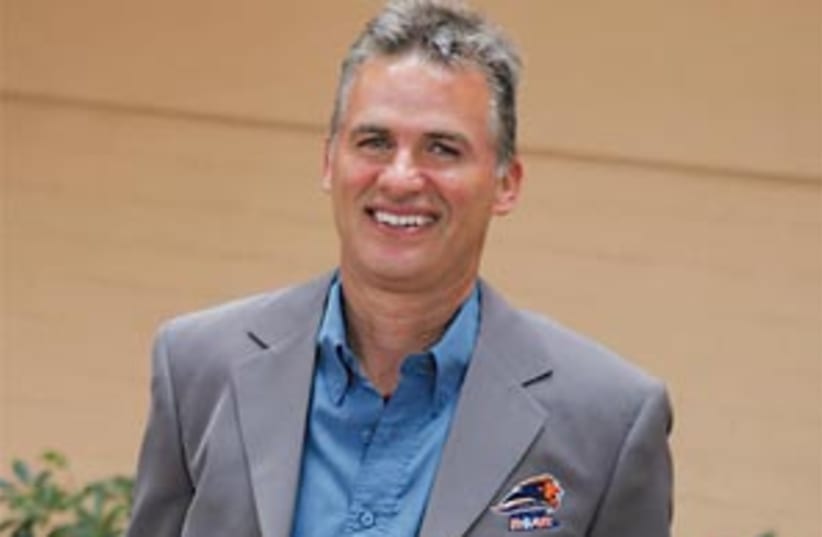| More about: | Australia, The Sydney Morning Herald, University of Haifa, Maccabi Haifa |
A sabra Down Under
Miron Bleiberg is becoming well-known for his big mouth.


| More about: | Australia, The Sydney Morning Herald, University of Haifa, Maccabi Haifa |